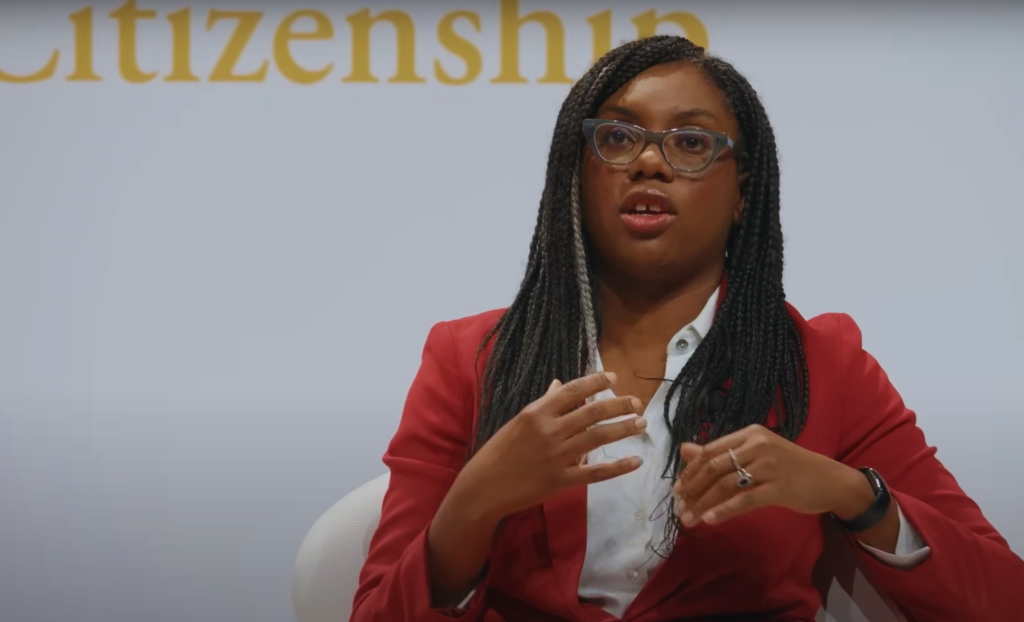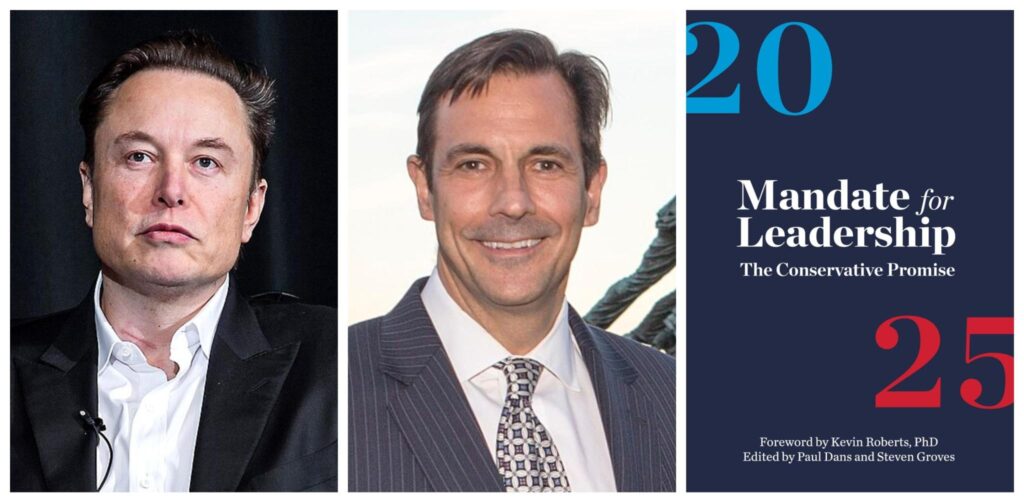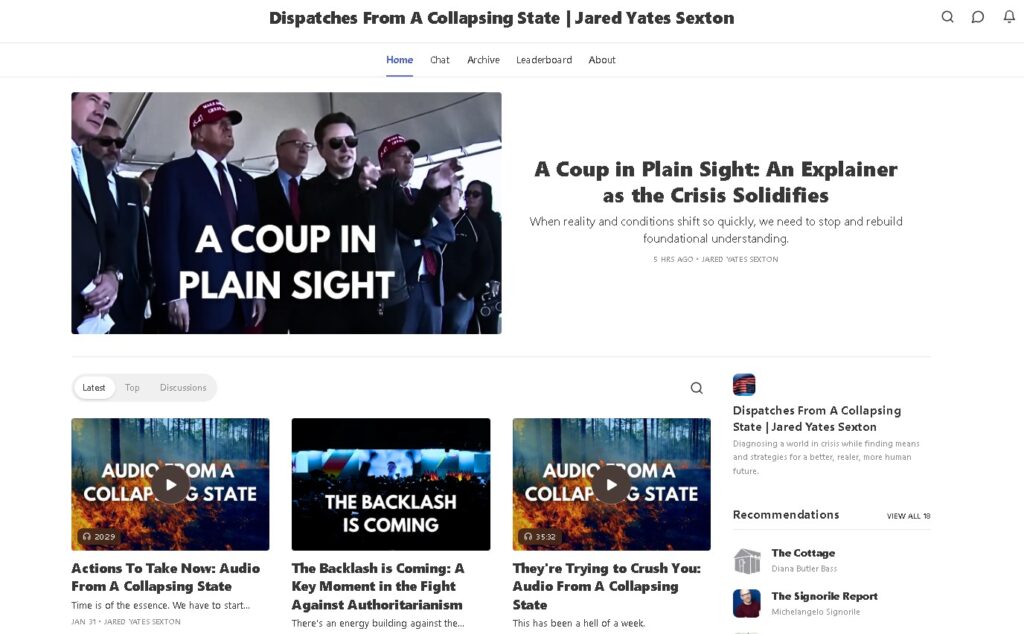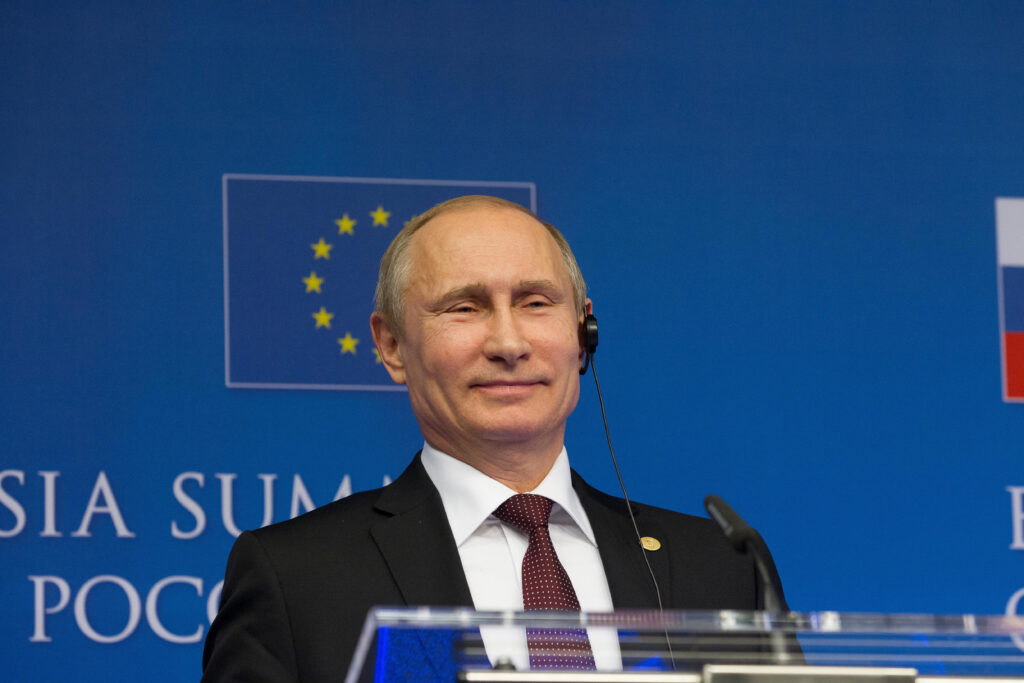 With the death of their PR industry front group, the Global Climate Coalition, the National Association of Manufacturer’s has taken it upon themselves under their own name to continue to propagate the PR spin confusing the public on the issue of climate change.
With the death of their PR industry front group, the Global Climate Coalition, the National Association of Manufacturer’s has taken it upon themselves under their own name to continue to propagate the PR spin confusing the public on the issue of climate change.
The most recent piece of misinformation by the MAS comes from thier head spin doctor Pat Cleary, the organization’s Vice President of Communications.
Here’s a brief history of the NAM’s attack on the science behind climate change provided by the good people at Sourcewatch:
The Global Climate Coalition was created in 1989, shortly after the UN’s Intergovernmental Panel on Climate Change first meeting. The GCC operated until 1997 out of the offices of the National Association of Manufacturers. Its early members included Amoco, the American Forest & Paper Association, American Petroleum Institute, Chevron, Chrysler, Cyprus AMAX Minerals, Exxon, Ford, General Motors, Shell Oil, Texaco, and the United States Chamber of Commerce.
For PR and lobbying, the GCC has employed “Junkman” Steven Milloy’s former employer, the EOP Group, as well as the E. Bruce Harrison Company, a subsidiary of the giant Ruder Finn PR firm. Within the public relations industry, Harrison is an almost legendary figure who is ironically considered “the founder of green PR” because of his work for the pesticide industry in the 1960s, when he helped lead the attack on author Rachel Carson and her environmental classic, Silent Spring.
By 1997, the growing scientific and public consensus regarding global warming forced a number of GCC supporters to reconsider the negative PR implications of their involvement in a group that was increasingly recognized as a self-serving anti-environmental front group. BP/Amoco withdrew from GCC after BP‘s chairman admitted that “the time to consider the policy dimensions of climate change is not when the link between greenhouse gases and climate change is conclusively proven, but when the possibility cannot be discounted and is taken seriously by the society of which we are part. We in BP have reached that point.” Other prominent companies that have publicly abandoned GCC include American Electric Power, Dow, Dupont, Royal Dutch Shell, Ford, Daimler Chrysler, Southern Company, Texaco and General Motors.
In March 2000, GCC announced a “strategic restructuring” designed to “bring the focus of the climate debate back to the real issues.” Under the restructuring, individual companies were no longer asked to join the GCC. Instead, membership would be limited to “only trade associations” and “other like-minded organizations.” By seeking support from trade associations instead of individual companies, GCC hoped to create a layer of deniability so that affected industries could continue to support its campaign of global warming denial while avoiding boycotts and other public campaigns against individual companies.
The GCC disbanded in early 2002, explaining that it “has served its purpose by contributing to a new national approach to global warming. The Bush administration will soon announce a climate policy that is expected to rely on the development of new technologies to reduce greenhouse emissions, a concept strongly supported by the GCC.”
After years spent denying that greenhouse emissions were a serious environmental problem, the organization’s parting shot at history combined a tacit admission that it had been wrong all along, along with an endorsement of the George W. Bush admistration’s proposal for ineffective “voluntary” industry measures to address the problem.
Subscribe to our newsletter
Stay up to date with DeSmog news and alerts






